Oblivion Remastered: 10 Useless Skills You Don’t Really Need
Some skills in Oblivion seem useful at first, but trust us — you don’t need them. 🚫 We’ve ranked the 10 most useless skills in the game, so you can stop wasting your precious time on them.
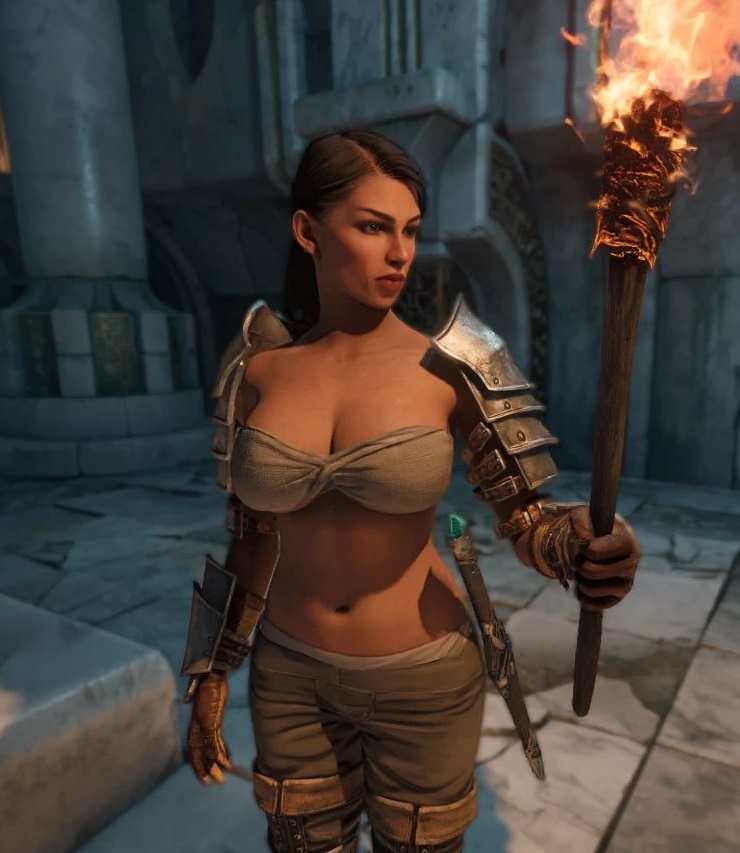
Armorer Can Be Replaced With Help From NPCs
Time is Better On Tasks Other Than Making Repairs
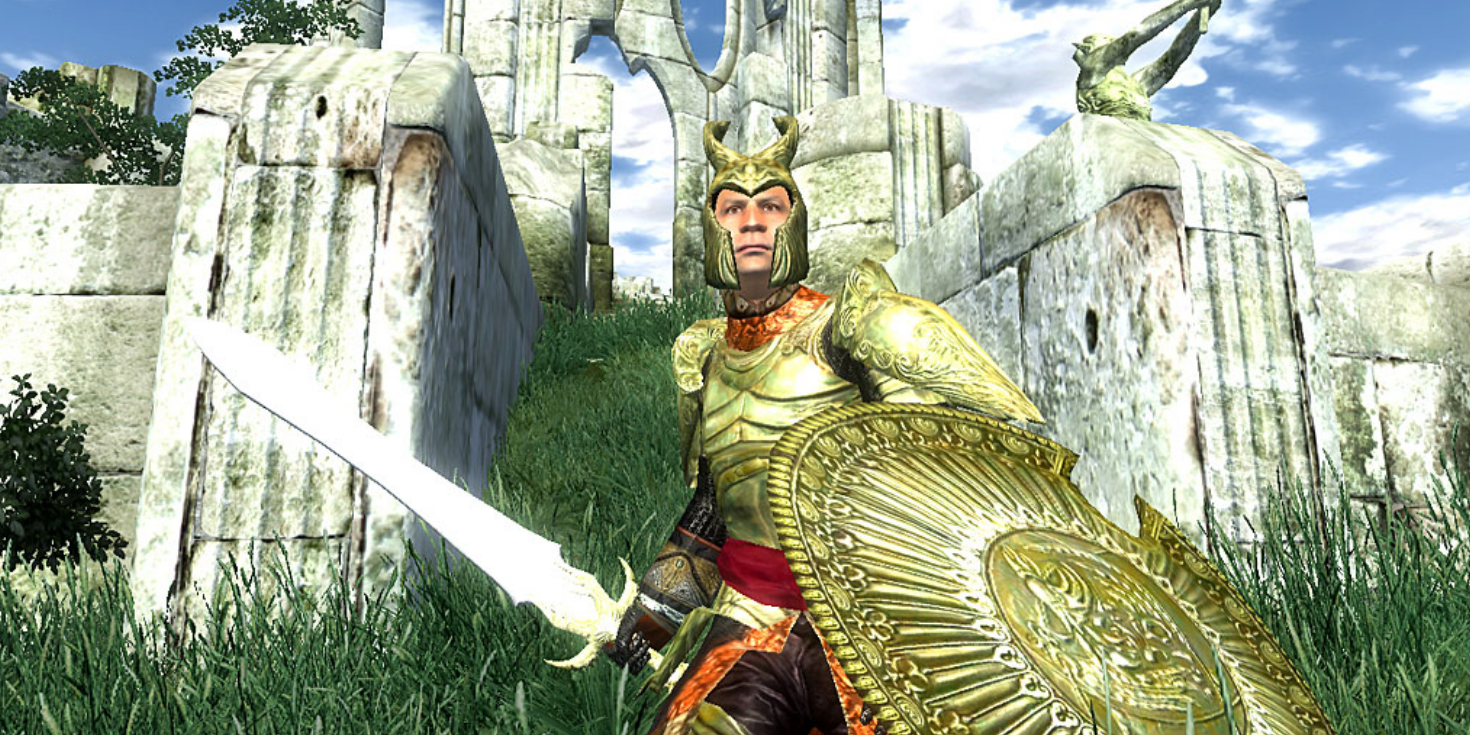
Taking the time to raise the Armorer skill can also be boring, and it requires a considerable investment to raise it to the point where it delivers any tangible benefit. With getting repairs done by NPCs costing nothing but some extra money, it’s best to leave blacksmithing to the professionals and focus on actually adventuring. Skyrim may have built on this skill and incentivized forging gear but, in Oblivion, the skill is mostly useless.
Speechcraft is Negated By Bribery and Charm Spells
The Persuasion Minigame is Tedious Anyway
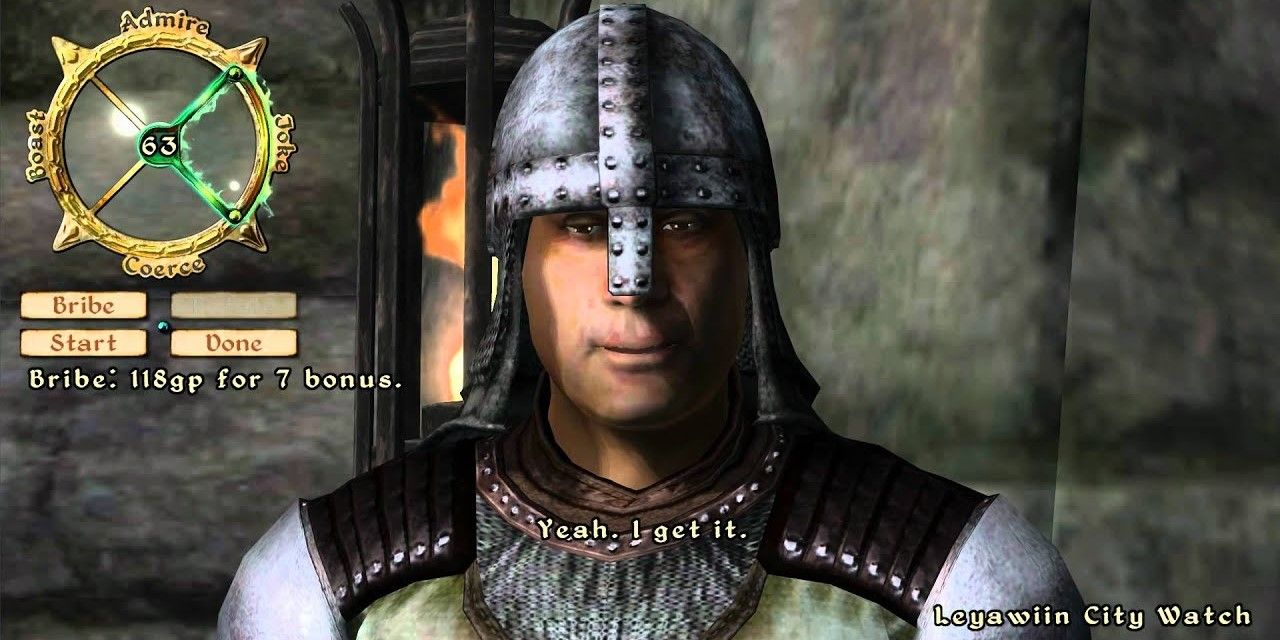
Speechcraft is another skill that may seem as if it could be helpful at first. Lots of RPGs have persuasion mechanics that can allow players to open up new paths or overcome challenges by winning over other characters. In Oblivion, this simply isn’t the case. Speechcraft may make it a bit easier to win over NPCs, but this often isn’t very useful, and, regardless, it’s far faster to simply bribe or charm characters than to go to the trouble of being diplomatic with them. As the charm spell can be learned easily and gold is plentiful, these options are much simpler and require less hassle.
Further, investing in Speechcraft means committing to the notoriously boring and obnoxious minigame for winning over NPCs. Few players find this particular mechanic fun or interesting, so it’s generally best avoided. Focusing on Speechcraft means playing a bad minigame to get better at playing that same bad minigame. With so few uses, little fun to be had using it, and easier ways to bypass it entirely, Speechcraft is worse than useless. It’s a distraction from the much better parts of the game.
Mercantile Just Isn’t Very Important
Good Adventurers Will Be Swimming in Gold By Endgame
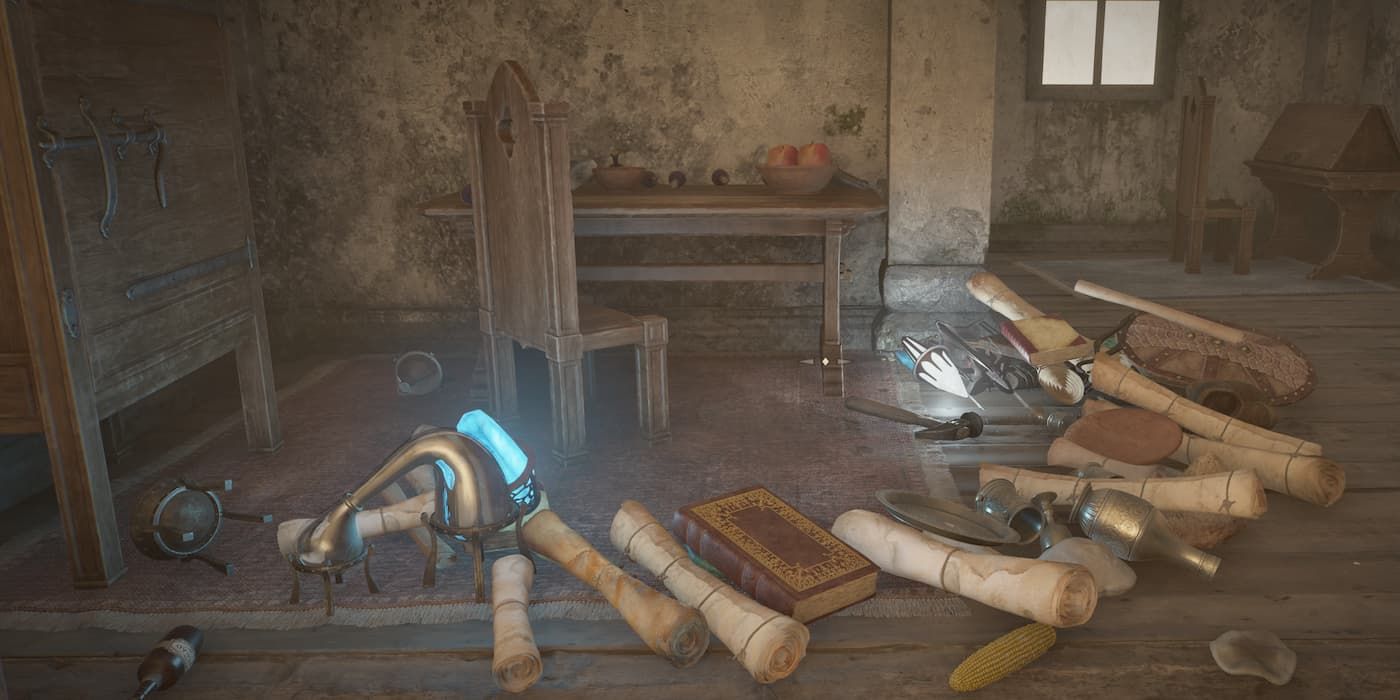
Even if there were lots to buy from merchants, the minor savings from a high Mercantile skill just don’t compare to all the gold that can be acquired by completing quests and delving into dungeons. By the end of a playthrough, most adventurers are sure to have lots of gold on hand, making small savings less and less important. Time spent bargaining and haggling would be better spent earning and stealing gold. As with some other skills on this list, Mercantile distracts from the action and exploration that should be the focus.
Hand to Hand Just Can’t Match Weapons
Only Players Going For a Specific Character Concept Should Bother
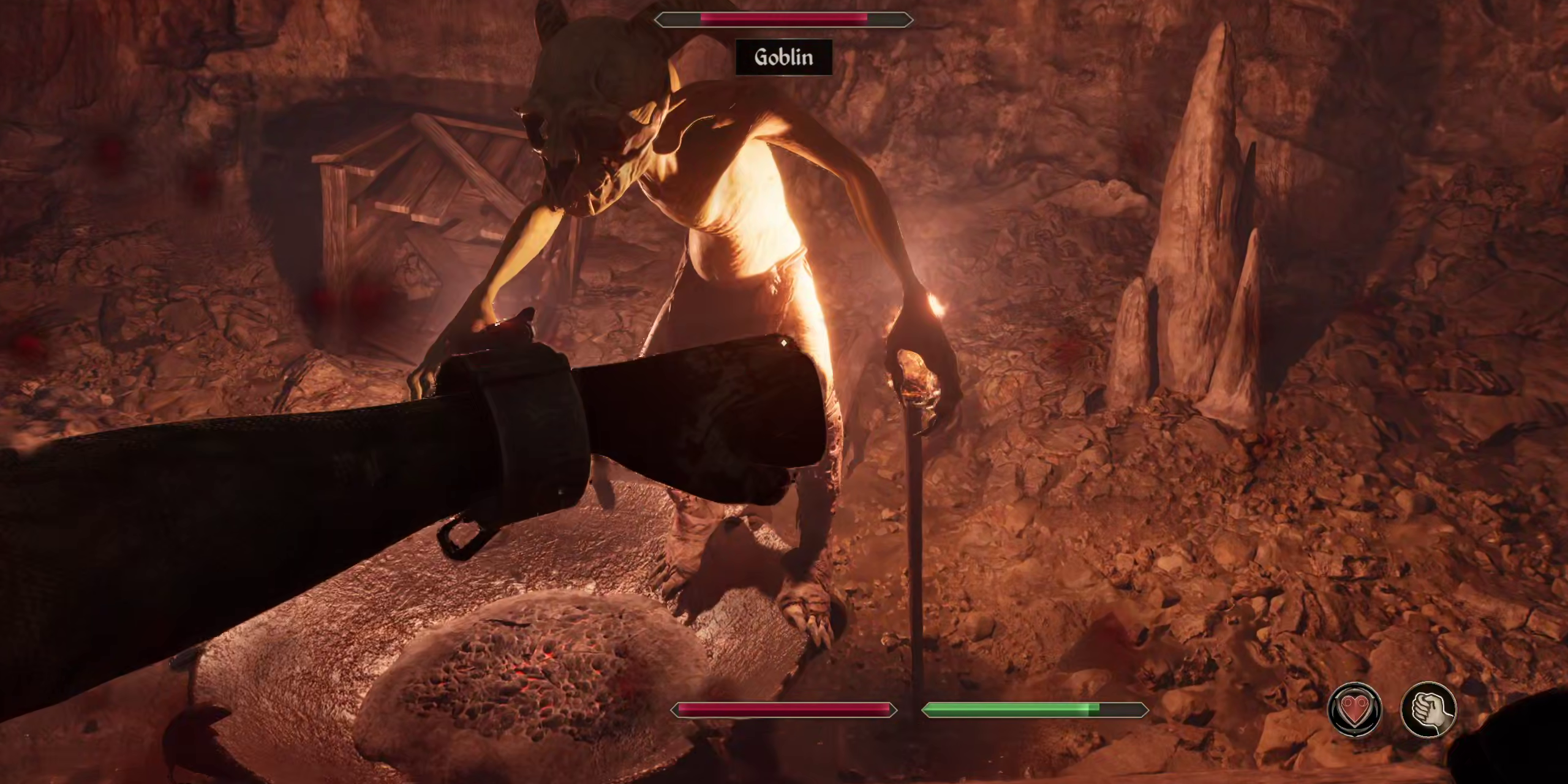
Of course, some players will inevitably want to focus on Hand to Hand for role-play reasons. Imagining oneself as a monk or tavern brawler can be a fun way to play through Oblivion and, for those willing to sacrifice the damage of weapons, it can be narratively and thematically rewarding. Outside this very specific and narrow use, however, Hand to Hand simply isn’t worth the time to build up. It’s far better to spend that time finding better weapons in the wild.
Mysticism’s Magical Effects Mostly Have Narrow Applications
Its Best Effects Are Better Acquired Elsewhere
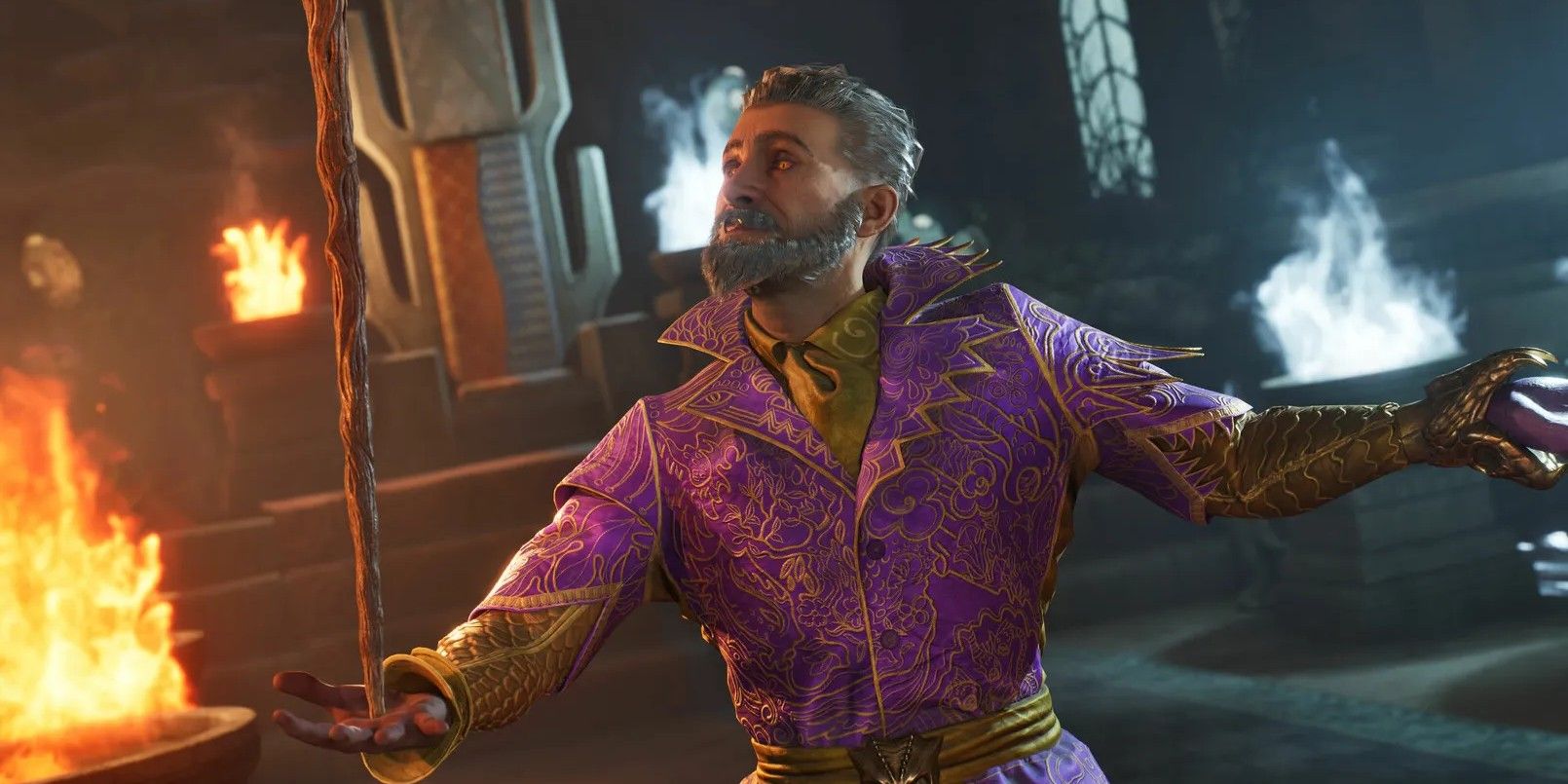
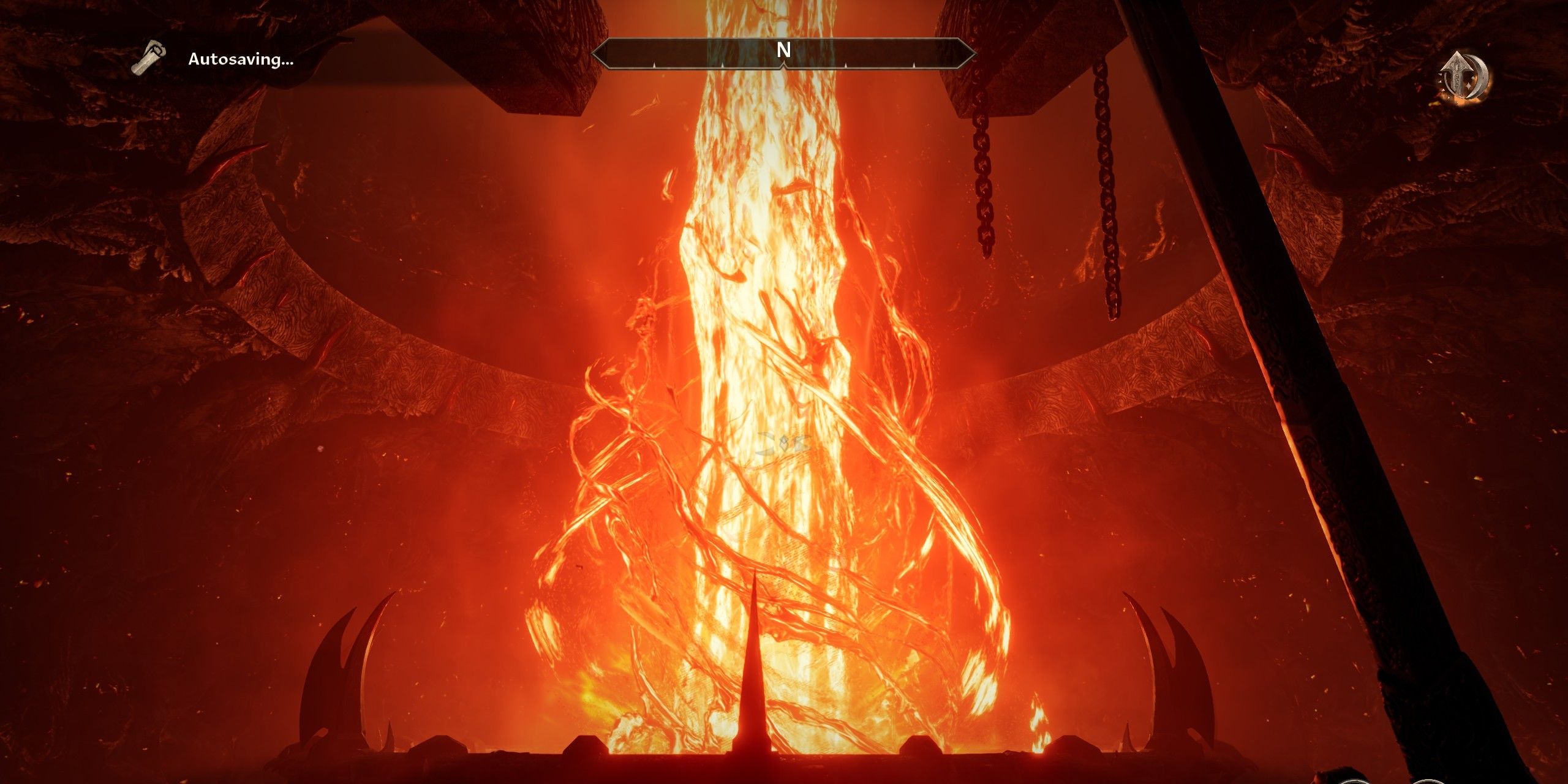
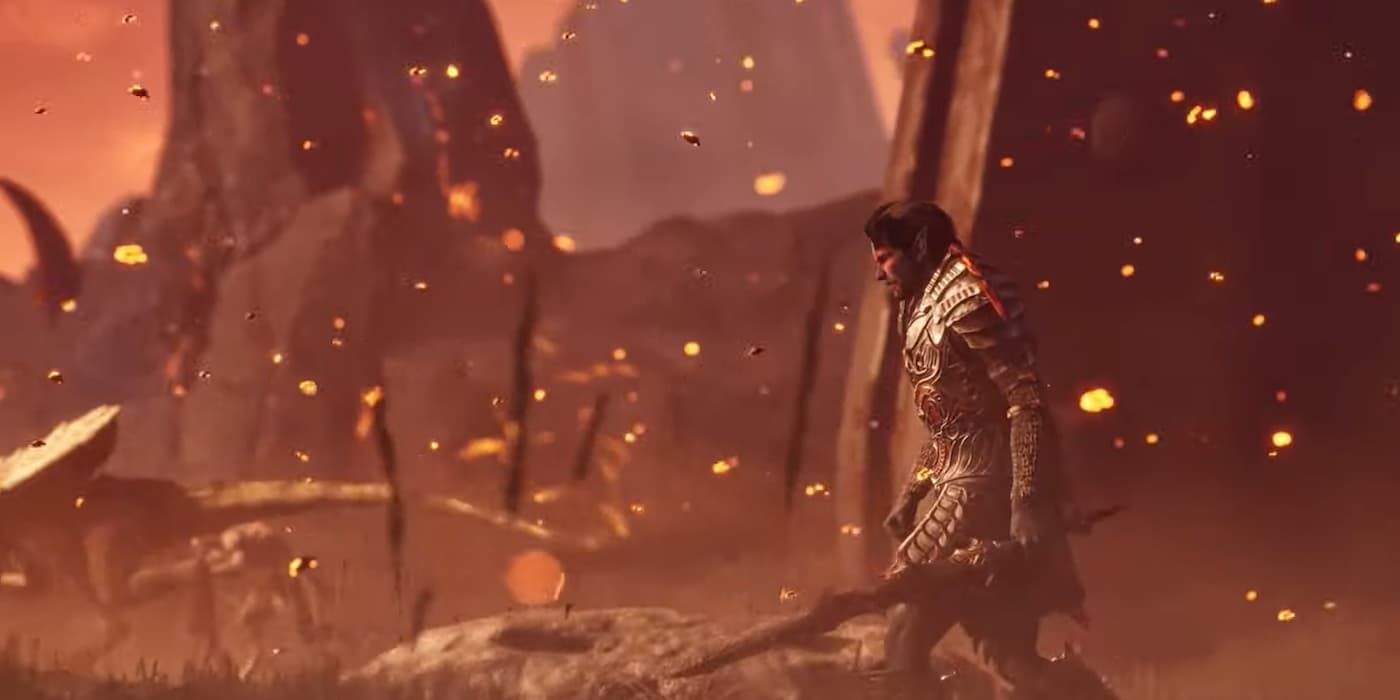
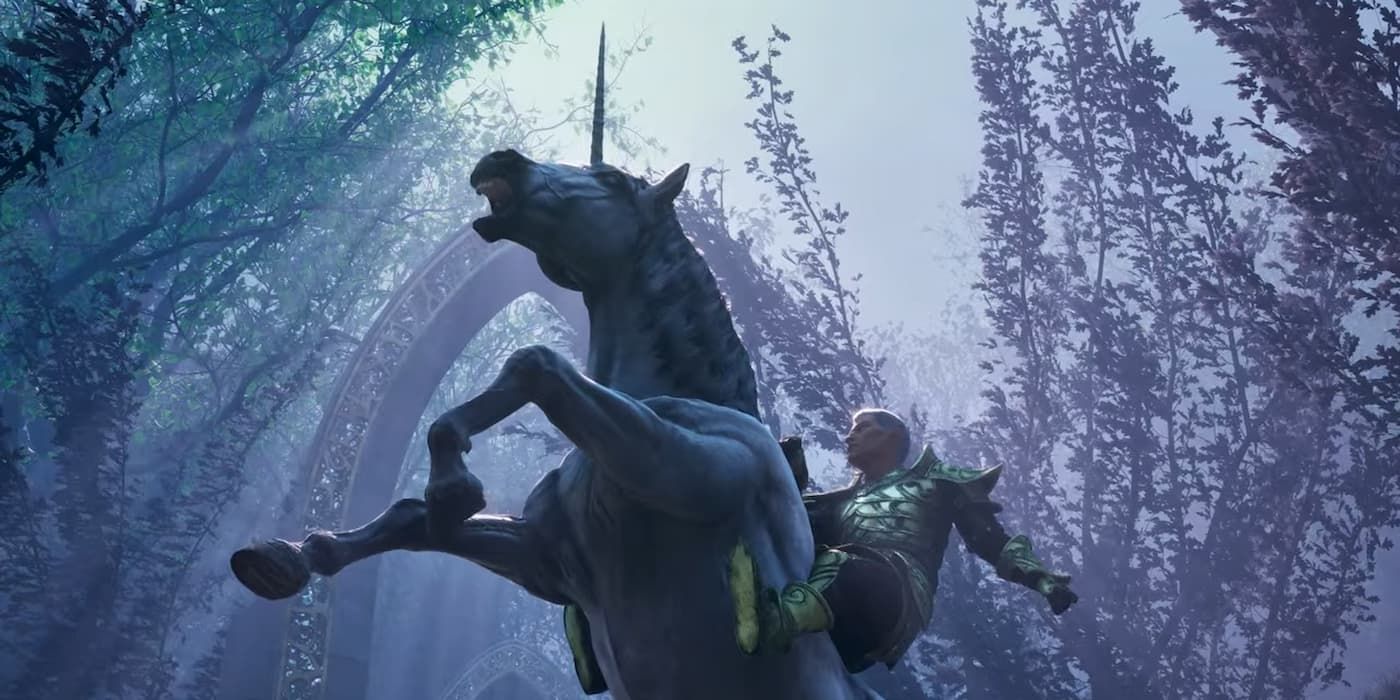
Mysticism contains some fun spells, but most are narrowly focused. Soul Trap, Detect Life, and Telekinesis have limited applications and are only helpful to certain types of players. Further, most of this magic school’s effects can be obtained through enchanted gear and scrolls, making it far from vital. Some weapons, most notably Umbra, can provide Soul Trap, and the same goes for other spells as well.
Mysticism is also limited in terms of combat utility. Apart from Reflect, it features no real offensive or defensive spells that can make a fight easier. Further, most of the school’s spells don’t scale well, making them less effective as the game goes on. With such limited uses, poor return on investment over time, and better ways to acquire its best effects, Mysticism is a magical skill best ignored in favor of other schools.
Light Armor Simply Doesn’t Match Its Heavy Variant
Heavy Armor Tends to Look Cooler as Well

Dwarven, Ebony, Daedric, and Blades armors all offer unique and stylish aesthetics. While some players will surely find charm in the simpler Light Armor styles and wanting to role-play as a thief or assassin could justify going with leather, Heavy Armor offers far more benefits from a gameplay and design perspective. In almost all circumstances, Heavy Armor is the better option, making the Light Armor skill superfluous.
Athletics Only Delivers a Single Tangible Benefit
This Skill Will Be Increasing Regularly Anyway
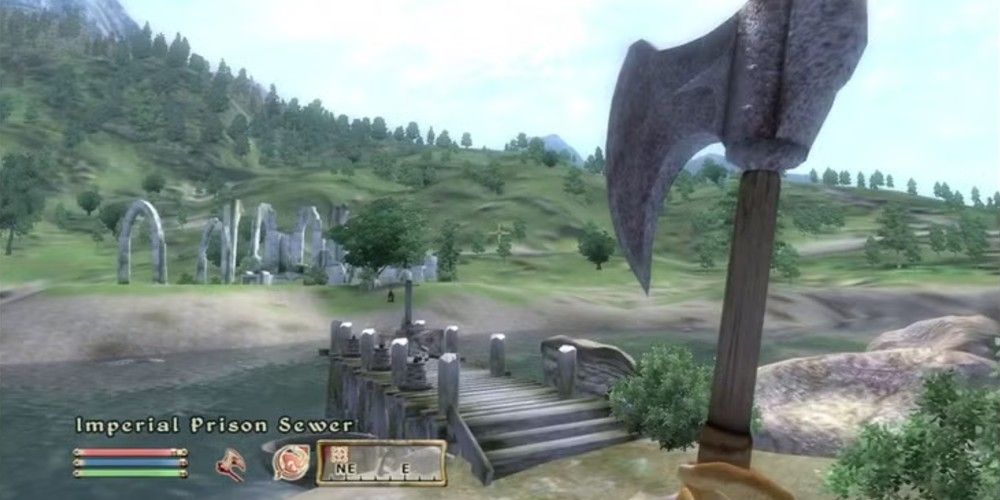
Acrobatics Only Grants One Useful Ability
Like Athletics, Dodge Will Be Increasing Without Effort
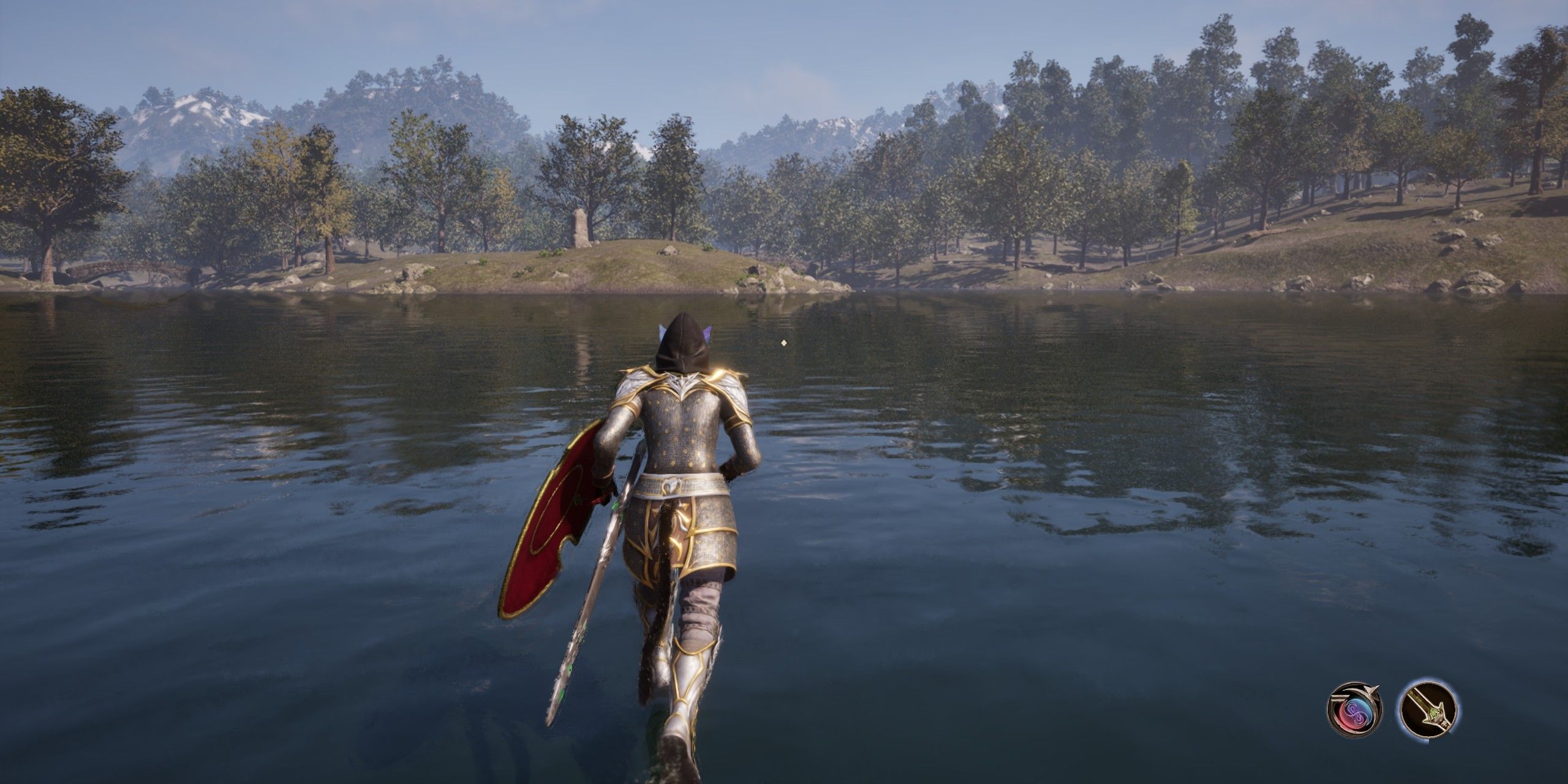
Like Athletics, Acrobatics can be trusted to level naturally, without any extra focus on it. Also, like Athletics, it simply doesn’t pay to prioritize it over more useful skills. Jumping higher and taking slightly less damage from falls generally won’t come into play in most situations. Being able to leap across water certainly looks cool, but there aren’t many scenarios where it will be truly helpful. The dodge ability is the one genuinely useful aspect of the skill but with a high Block, it’s not required.
Dodge can be finicky, not always working the way it’s intended, and will rarely turn the tide of battle. A good shield and solid armor will prove far more useful in nearly all encounters. The time spent jumping up and down could better be used to improve Heavy Armor, Block, and the weapons skill of one’s choice. Acrobatics will naturally rise over time, meaning players are sure to get access to Dodge eventually. Rushing to grab this ability by leveling Acrobatics doesn’t make much sense in the long run.
Alchemy is Another Skill Best Left to NPCs
Too Much Effort is Required to Make This Skill Truly Useful
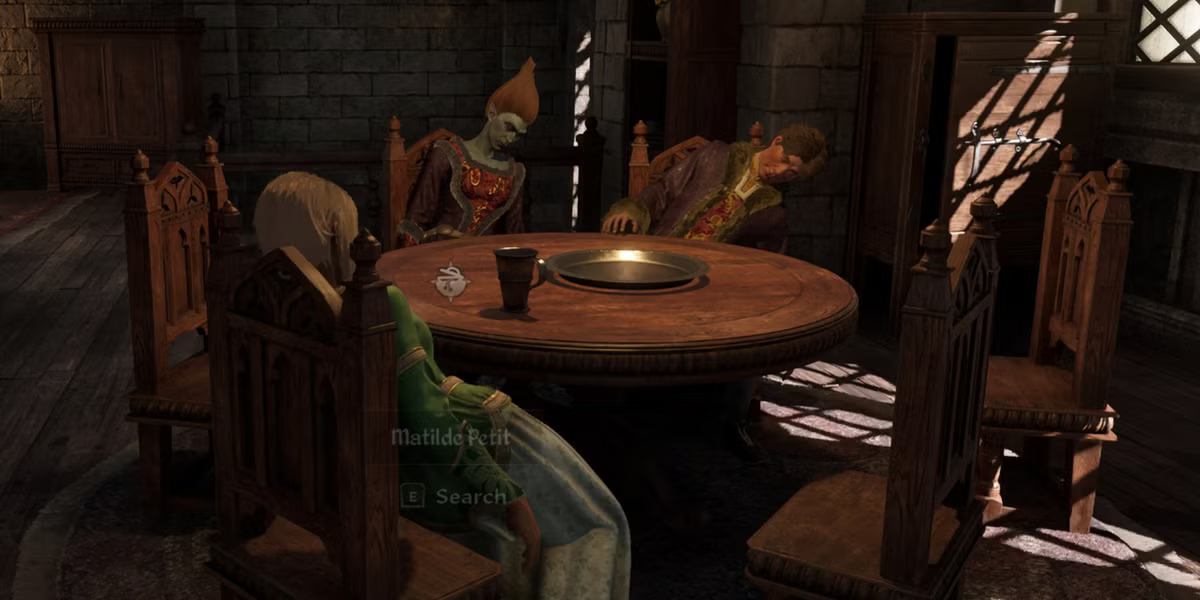
Many of the best potions can be bought from merchants for reasonable costs or found as loot, making it unnecessary to invest in the skill. To truly benefit from Alchemy, one needs to carry multiple tools and loads of ingredients, sacrificing precious inventory space. Alchemy can certainly be useful, but it’s not worth the time or effort to actually get the most out of it. For most adventurers, Alchemy is best outsourced to NPCs.
Security Isn’t Necessary For Those Who Master the Minigame
The Skill is Negated Entirely By Those Who Complete the Right Quest
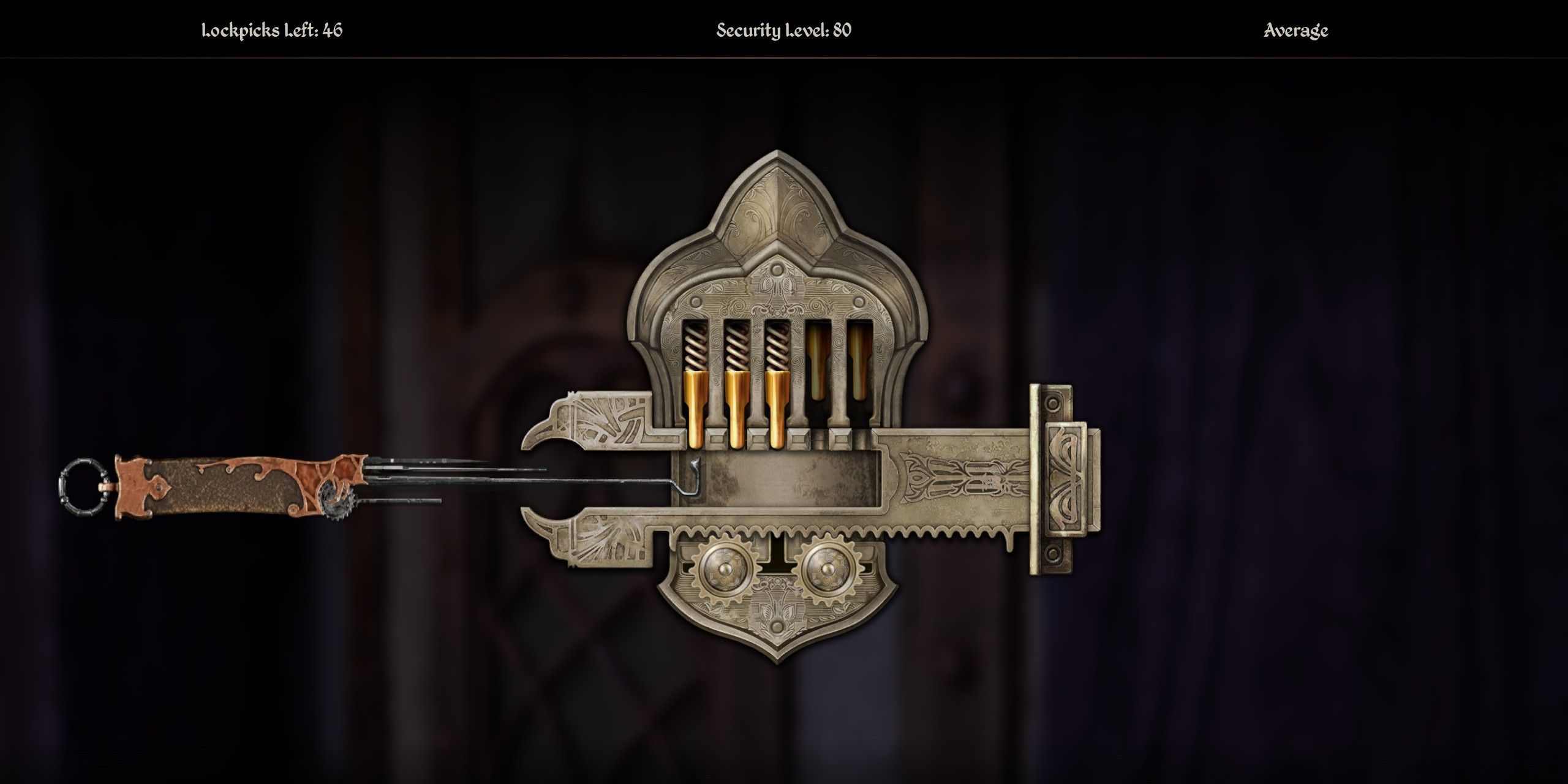
More importantly, simply completing the Nocturnal quest renders the Security skill essentially obsolete. Available after level ten and acquired at Nocturnal’s shrine northeast of Leyawiin, this quest rewards the Skeleton Key, a Daedric artifact that acts as an indestructible lock pick. With this item in hand, all locks can be opened with repetitive brute force. Players who want to poke around in other people’s private property should make this quest a priority rather than wasting time leveling a skill that’s never vital and quickly becomes useless.





